
The Medicinal Benefits of Goosegrass (Eleusine indica) in Traditional and Modern Medicine
Overview
Eleusine indica, commonly known as Goosegrass, Yard Grass, or in Vietnam as Cỏ mần trầu, is a small annual herb belonging to the Poaceae (grass) family. In traditional medicine, especially in East and Southeast Asia, this plant has long been valued for its cooling, detoxifying, and anti-inflammatory properties. Traditional healers often describe it as “sweet and slightly bitter in taste, cool in nature,” with effects that help promote blood circulation, eliminate toxins, and support kidney and liver function.
Goosegrass typically grows in humid, sunny environments, reaching heights of 30–50 cm. It flowers from May to July and can be found across Vietnam’s lowland and mountainous regions. (Vietnam National Institute of Medicinal Materials)
Traditional Medicine Uses
In Vietnamese and Chinese traditional medicine, Eleusine indica is considered a multi-purpose herb used to:
-
Cool the blood and reduce internal heat
-
Stop bleeding and relieve inflammation
-
Treat high blood pressure, fever, and respiratory infections
-
Promote urination, detoxify the body, and support liver function
-
Soothe pregnancy-related symptoms, such as nausea and anxiety
In Malaysia, fresh Goosegrass juice is traditionally used for postpartum recovery, helping the uterus contract and promoting the elimination of lochia (post-birth fluids). In China, it has been used in formulas treating encephalitis, hepatitis, and urinary infections. (Journal of Ethnopharmacology, 2021)
Scientific Findings in Modern Medicine
Modern pharmacological studies have identified several bioactive compounds in Goosegrass, including flavonoids, β-sitosterol glucosides, and palmitoyl derivatives, which contribute to its therapeutic effects.
1. Antipyretic and Anti-inflammatory Effects
Research published in Phytotherapy Research found that the C-glycosylflavones in Eleusine indica showed strong anti-inflammatory activity in mice with induced pneumonia. When administered at a dose of 600 mg/kg, the extract lowered fever comparably to acetylsalicylic acid (100 mg/kg) by inhibiting cyclooxygenase-2 (COX-2) expression and reducing PGE2 synthesis (PubMed, 2019).
2. Blood Pressure Regulation
A study comparing Goosegrass extract to Losartan (12.5 mg/kg) in hypertensive rats revealed that the plant had a similar blood pressure–lowering effect, potentially due to enhanced nitric oxide (NO) production and vasodilation (Journal of Medicinal Plants Research, 2020).
3. Antibacterial Activity
Extracts from Eleusine indica demonstrated moderate inhibitory effects against Staphylococcus aureus, Salmonella choleraesuis, and Pseudomonas aeruginosa, suggesting its usefulness in treating mild bacterial infections (Asian Pacific Journal of Tropical Medicine, 2022).
4. Kidney and Liver Protection
Experiments on rats showed that Goosegrass extract helped maintain urea, creatinine, and electrolyte balance, similar to pharmaceutical controls, indicating renal protection. Additionally, studies reported reductions in ALT and AST enzyme levels, demonstrating hepatoprotective properties and the potential to regulate blood lipids by lowering LDL cholesterol and raising HDL levels (Healthline, 2023; NIH Natural Products Database).
Popular Herbal Remedies Using Goosegrass
-
For Hypertension:
Crush 500g of fresh Goosegrass, squeeze out the juice, add a small amount of water and sugar, and drink twice daily (morning and evening). -
For High Fever:
Boil 120g of fresh Goosegrass with 600ml water until reduced to 400ml. Add a pinch of salt and drink throughout the day. -
For Liver and Skin Inflammation:
Combine 60g Goosegrass with 30g Gardenia seeds (Gardenia jasminoides), boil, and divide into several doses. -
For Urinary Disorders:
Mix 40g Goosegrass with 20g Plantain (Plantago major), 8g Gardenia seeds, and other herbs; boil and drink 2–3 times daily. -
For Postpartum Recovery:
In Malaysia and Indonesia, women drink Goosegrass decoction daily for 3–5 days after childbirth to cleanse the body and promote milk flow (Medical News Today, 2024).
Precautions and Safety Notes
Although Eleusine indica offers many health benefits, improper use may cause adverse effects:
-
Always wash the plant thoroughly before use, as it grows in soil that may contain bacteria or heavy metals.
-
Avoid long-term or excessive consumption without medical guidance.
-
Pregnant women, nursing mothers, and individuals with chronic conditions (e.g., kidney disease) should consult a physician before using herbal preparations.
-
Herbal therapy should not replace prescribed medication for serious illnesses.
Conclusion
Eleusine indica (Goosegrass) is a humble weed with remarkable medicinal potential. Both traditional knowledge and modern studies affirm its benefits for reducing inflammation, supporting liver and kidney function, and regulating blood pressure. However, like all natural remedies, it should be used responsibly under medical supervision.
As noted by the National Center for Complementary and Integrative Health (NCCIH, 2023), herbal medicine can complement but not substitute for evidence-based treatment — a reminder that even the most common plants can hold powerful healing secrets when used wisely.
News in the same category


Netflix star issues message to MrBeast after claims YouTube star is opening his own bank

Remembering Lee Elder, A Trailblazer Who Broke Barriers In Golf

‘Towanda Was Right’: Tamar Braxton Lands In the Hot Seat After Cozy Onstage Moment with Toni Braxton’s Husband Birdman
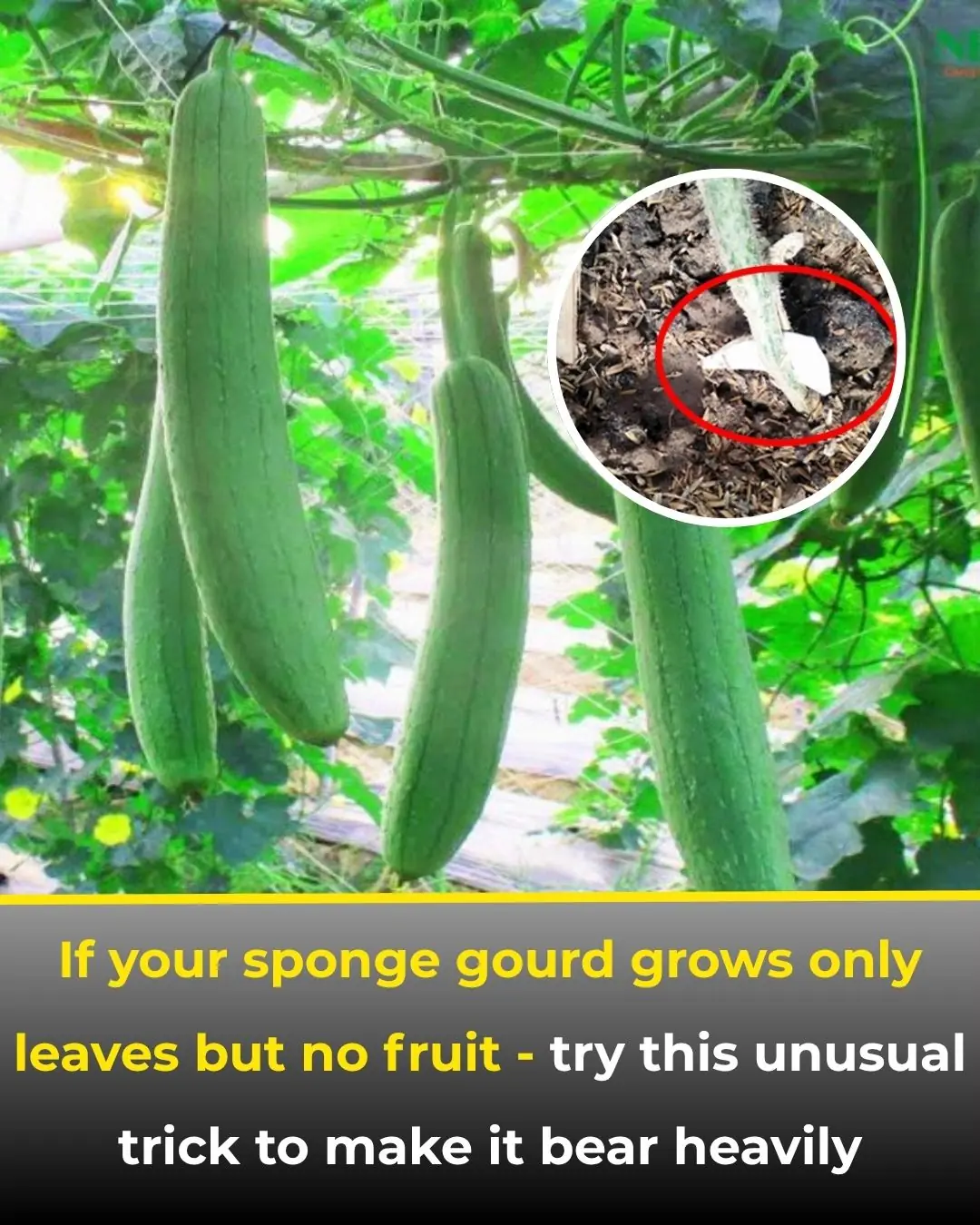
Grow Luffa Vines Full of Fruit Instead of Just Leaves — Use This Simple Trick!
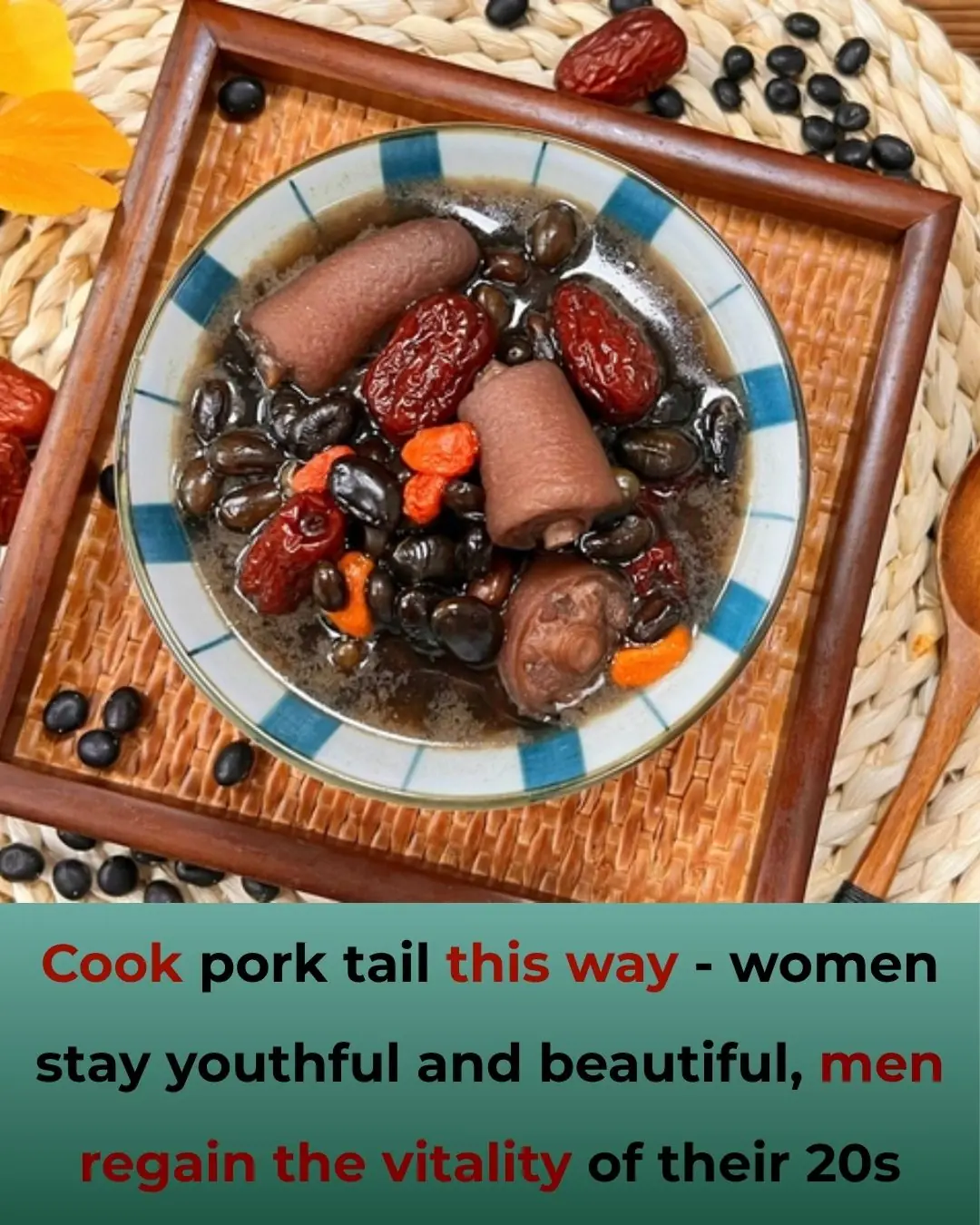
Traditional Doctor Reveals: The Pig’s Tail — A Natural “Power Booster” for Men’s Vitality and Women’s Beauty

20-year-old Young Man Suddenly Suffers Acute Kidney Failure After Eating Oysters: Doctor Reveals the “Hidden” Cause

Chilling Reality: The Coffee-Drinking Habit That May Have You Ingesting 1,000+ Microplastic Particles Every Time
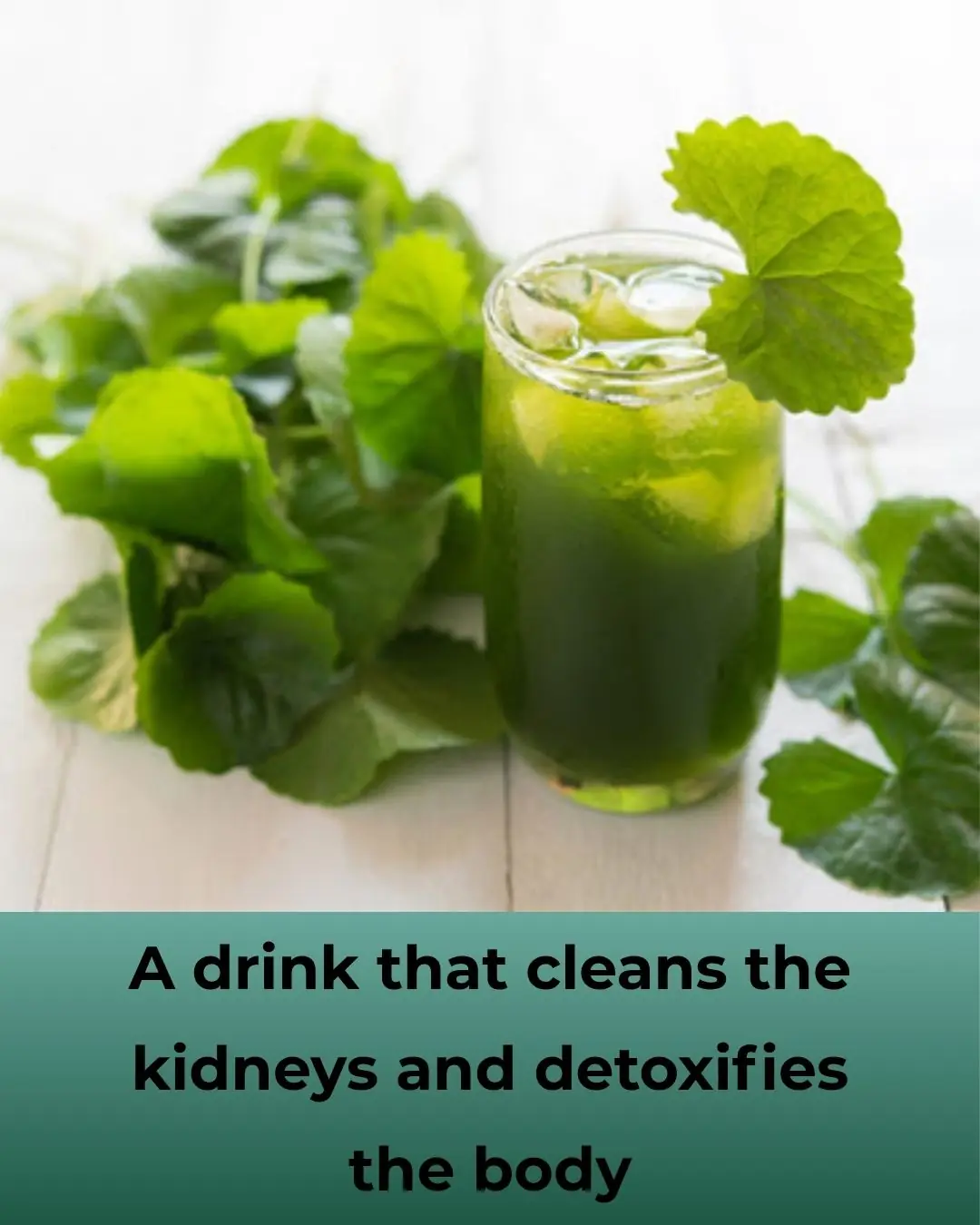
Natural Drinks That Cleanse and Support Kidney Health

4 Plants That Attract Snakes — Remove Them Immediately to Stay Safe

Don’t Be Superstitious—but Be Smart: 5 Things You Should Never Pick Up from the Street

Detroit Teen Suspended For Cutting Hair At School Receives Apprenticeship From City’s Top Barber

Paul Tazewell Makes History as First Black Man to Win Oscar for Best Costume Design

This 9-Year-Old Saved Her Family After Her Parents Passed Out When Carbon Monoxide Filled Their Home

Meet The Founder Of Black Girls Golf, An Organization Looking To Make The Game More Inclusive

11-Year-Old Starts Candle Business To Save Tuition For His Dream School – Howard University

People left 'speechless' after noticing new addition to the White House website

Is It Safe to Use Meat Broth for Cooking Vegetables? Nutrition Experts Give a Surprising Answer

8 Plants Snakes Hate: Grow These Around Your Home to Keep Them Away Naturally
News Post

I had no clue about this!

1 natural ingredient that helps you a lot
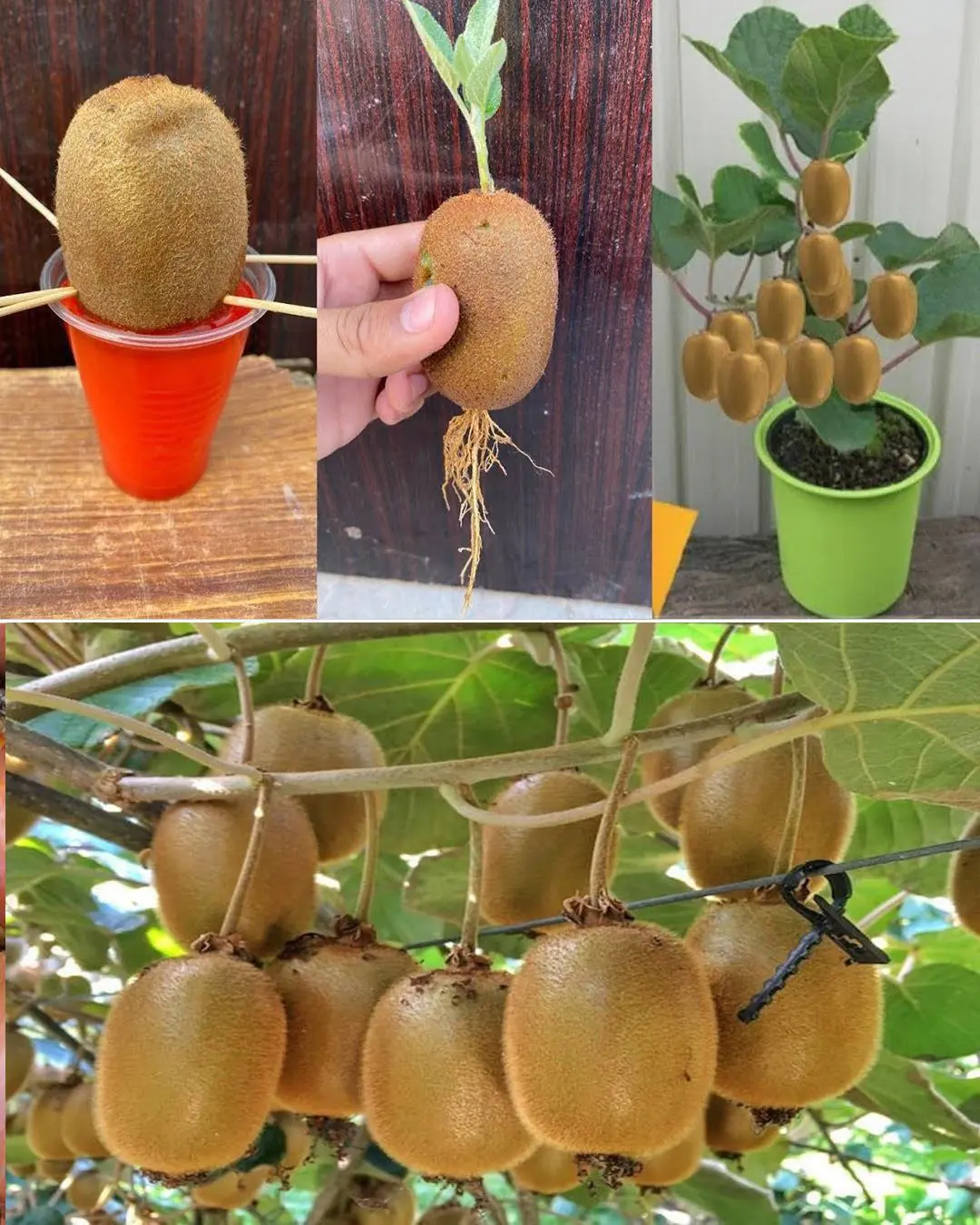
Growing Kiwi Trees at Home: A Guide for Pot Cultivation

ALERT! 7 Early Signs Your Kidneys Are Crying for Help
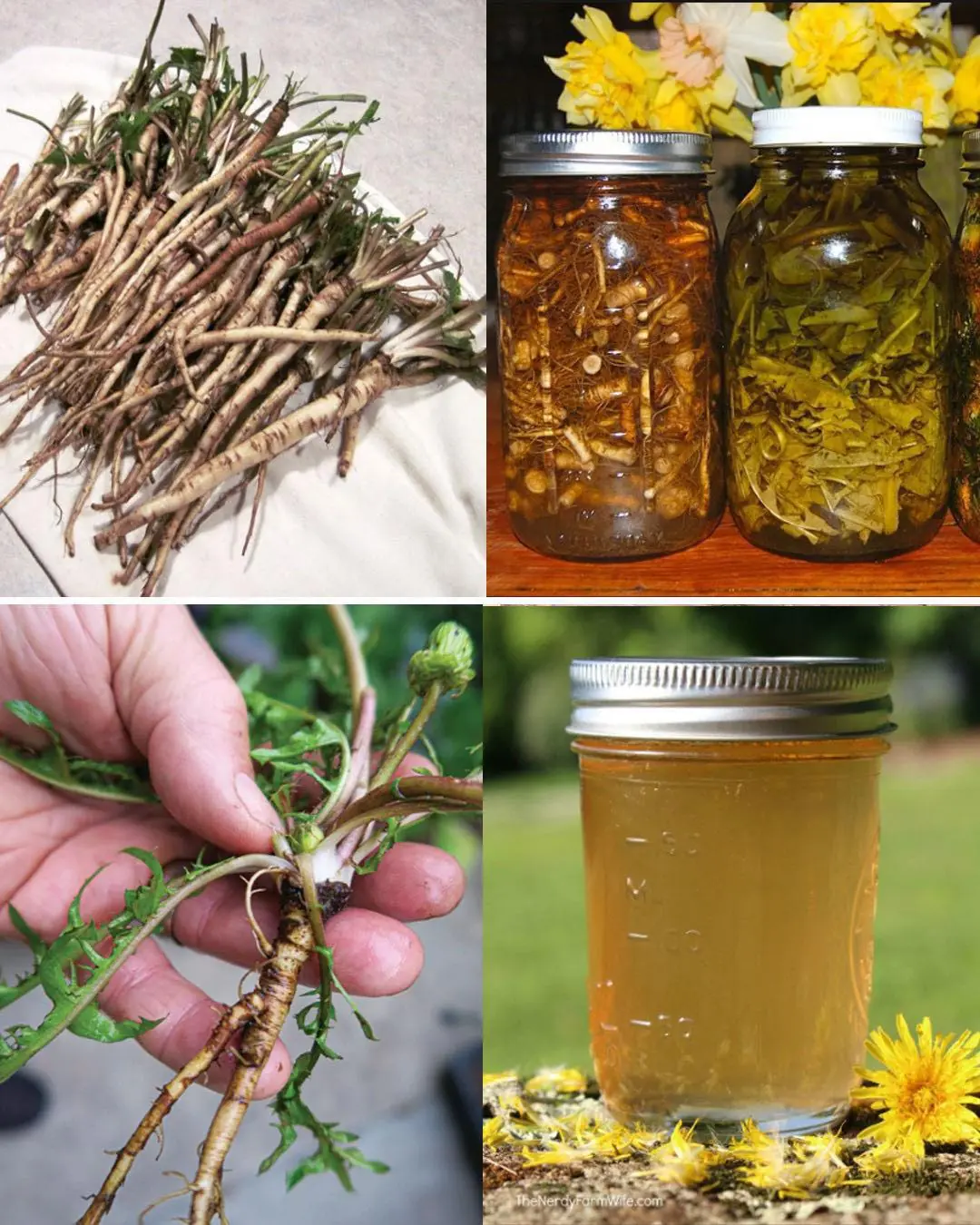
Dandelion roots are the most important part of the plant

Why You Shouldn’t Pluck Your Nose Hairs

Adam Sandler Sends Heartfelt Flowers to Jennifer Aniston EVERY Year On a Specific Day and Here’s Why

8 reasons why adding baking soda to your toilet tank is a must-do trick

My nana taught me this hack to dust ceiling fans in 3 mins with 0 work. Here’s how it works

My nana taught me this hack to lift carpet stains in 2 mins with 0 work. Here’s how it works

YouTubers spend $10,000 unboxing three jet boats from Temu and are in shock at what's delivered

Netflix star issues message to MrBeast after claims YouTube star is opening his own bank

Remembering Lee Elder, A Trailblazer Who Broke Barriers In Golf

‘Towanda Was Right’: Tamar Braxton Lands In the Hot Seat After Cozy Onstage Moment with Toni Braxton’s Husband Birdman

The Elephant That Never Forgot.

The Man Who Never Stopped Living.

The Cry in the Cane Field: A Mother Leopard’s Reunion.

The Diver Who Never Came Back: The Story of Saman Kunan.

The Girl Who Refused to Give Up: Yulia’s Story of Survival and Courage.
